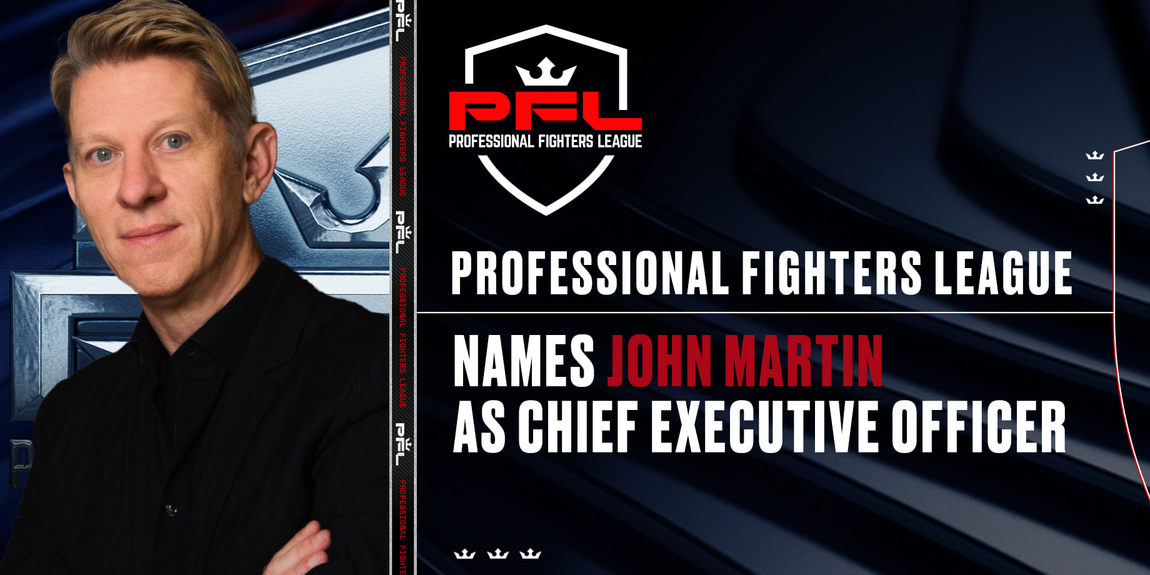The End of Promoters? Sports Innovation in the Age of Cowardice
Combat Sports Was Forged by Risk-Takers. Now It’s Run by Risk Managers.
“The liberty of a democracy is not safe if the people tolerate the growth of private power to a point where it becomes stronger than their democratic state itself.”
— Franklin D. Roosevelt
We’re not living through the golden age of combat sports. We’re living through its gentrification.
The bold have been pushed out for the bankable. Risk-takers replaced b…



